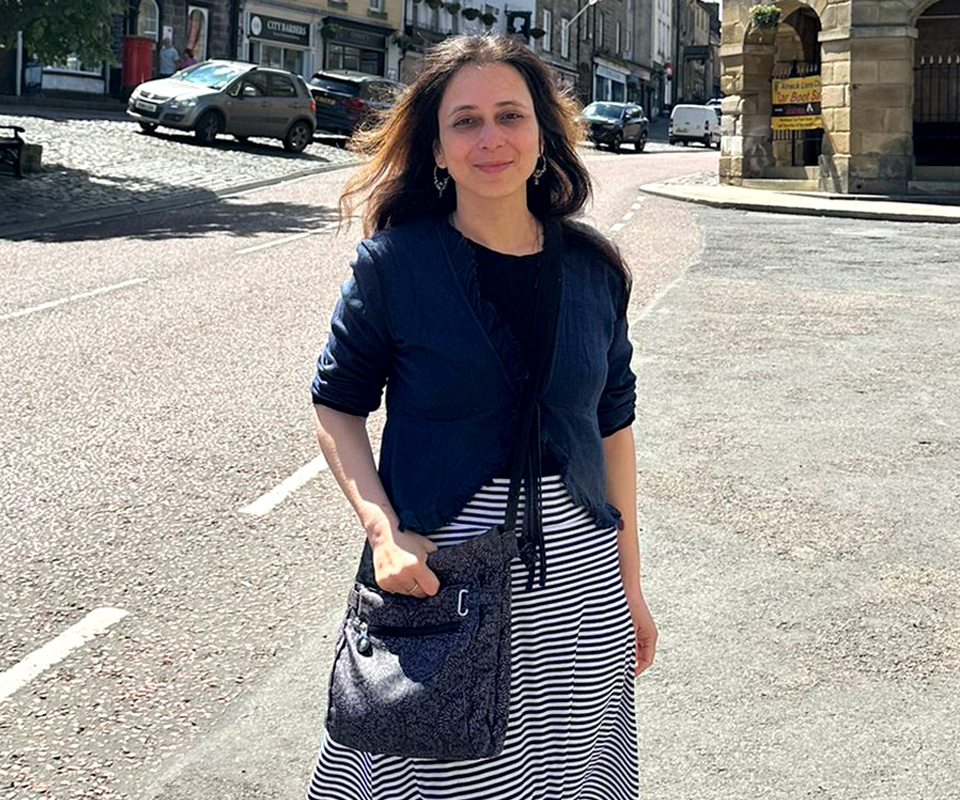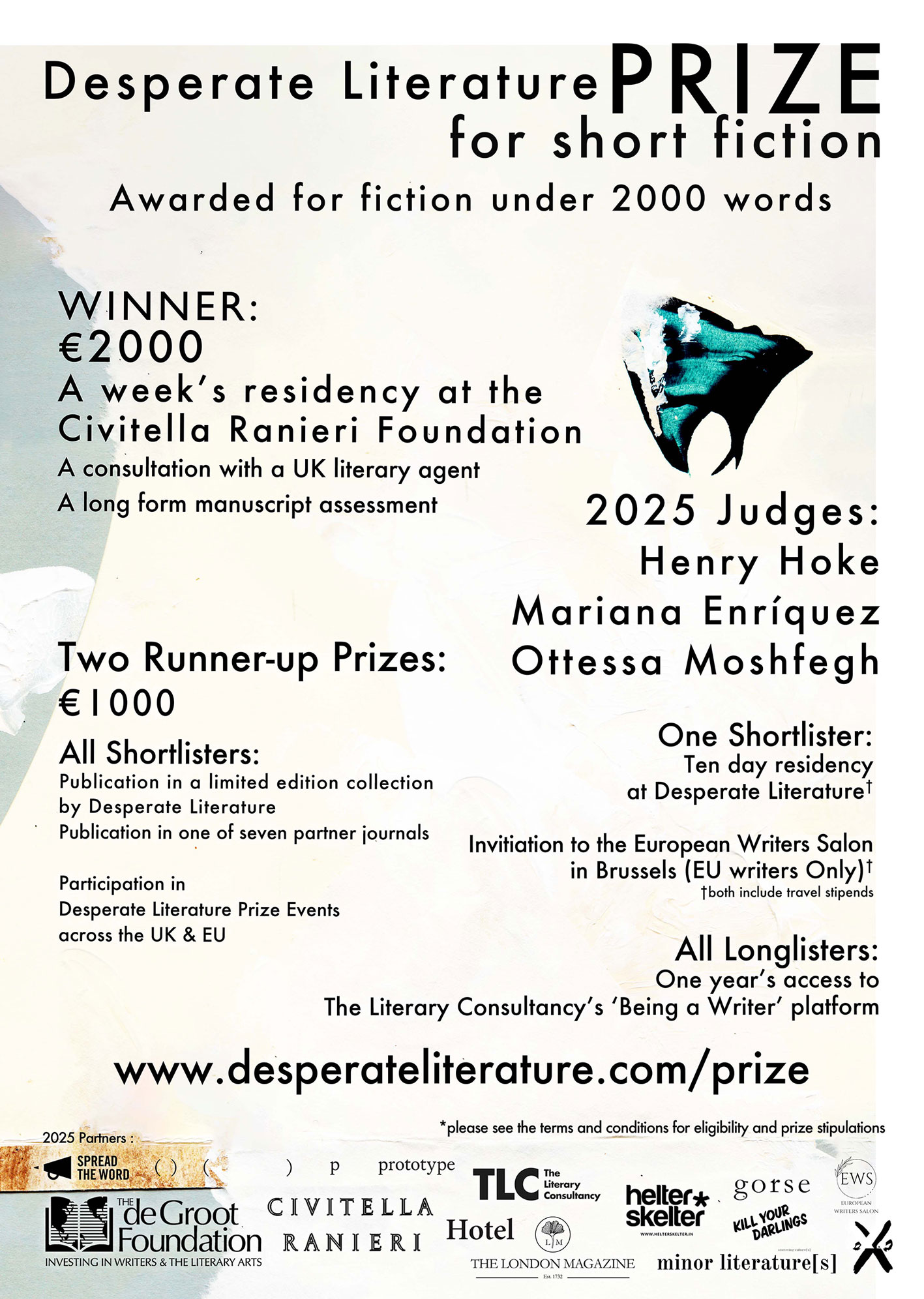Telling It Slant
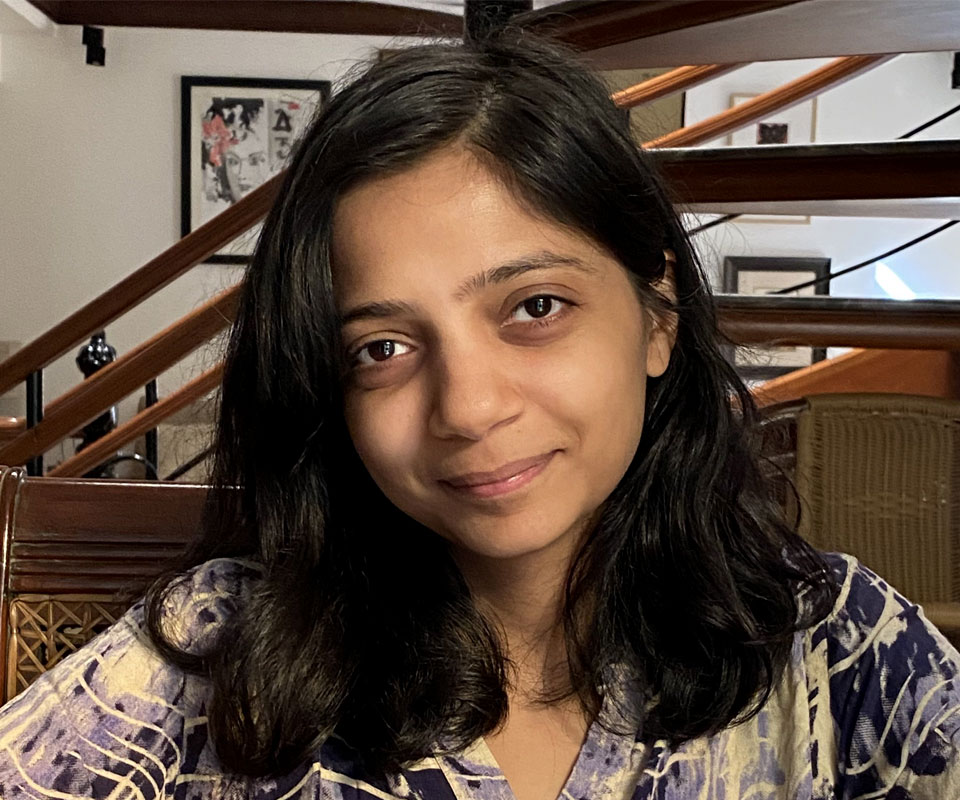
Principles of Prediction is two-time Commonwealth Short Story Prize winner Anushka Jasraj’s debut short story collection that will leave you bemused and in awe. Jasraj unpacks complex human emotions through intimate peeks into her characters’ psyches, revealing deep-seated conflicts, fears, insecurities, and passions. In 13 beautifully spun stories that take you through what seem like fragments of dreams, Jasraj explores love that defies labels and the absurdity of human existence. The stories are unsettling, interspersed with wit and surrealist imagery, and driven by memorable characters like a young woman who falls in love with a lion-tamer, a kelptomaniac-turned-elephant-kidnapper, and a private detective of stolen objects. In an interview with Helter Skelter, Jasraj speaks about her stories and characters, surrealism, her writing process, and more. 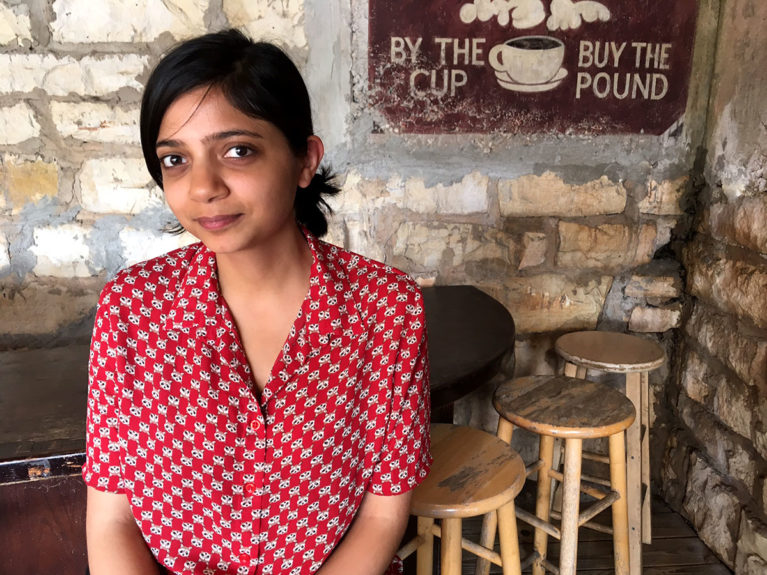 Fiction is often hailed for promoting a deeper understanding of human emotions. You seem to have achieved this brilliantly in your collection of short stories, exploring the human mind in all its tenderness, absurdity, and above all, magnificence. There are also multiple references to human consciousness, psychoanalysis, and Freud. Have you always been interested in the inner workings of the mind? Where does this interest stem from? I’ve been fascinated by the structure of psychoanalysis for a while and I enjoy reading about the topic. One of the stories in the collection, Westward, was inspired by a travel memoir written by Durgabati Ghose, whose father founded the Indian Psychoanalytical Society. She appears as a footnote in her father’s letters to Freud, so I really wanted to write about her and get more people to discover her memoir. 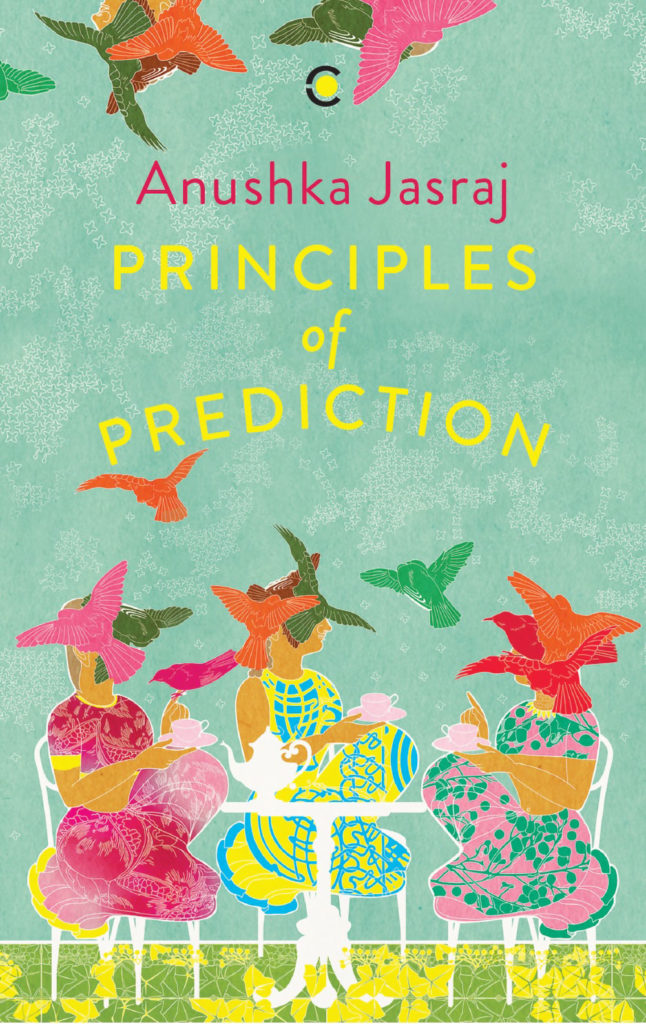 You have mentioned in a previous interview that Bombay is your “narrative palace” that you go to when you need to tell a story. Would you still say that Bombay is the emotional and linguistic landscape that your stories are usually situated in? That is definitely changing. I’ve lived in a couple of different places after that interview, including different parts of Bombay, and experienced it in a new way. How long did it take for you to come up with the stories that make up Principles of Prediction? Between ‘Drawing Lessons’ and your first book, how do you think your writing process has evolved? I’ve become much more disciplined. Over the years, I’ve worked with so many teachers and editors and picked up a lot of things from them, which has made me better at editing my own work. I’m definitely of the school of thought that believes revision is where the real work happens.
